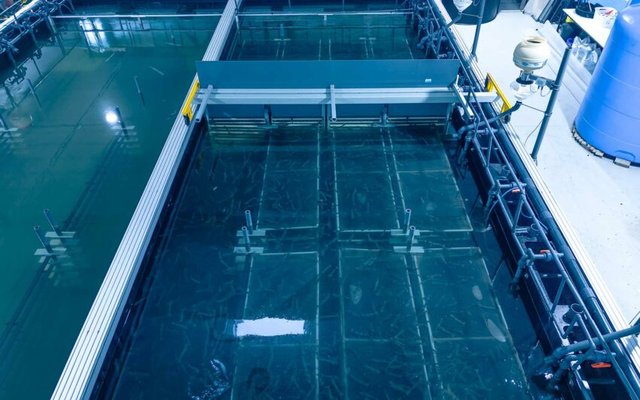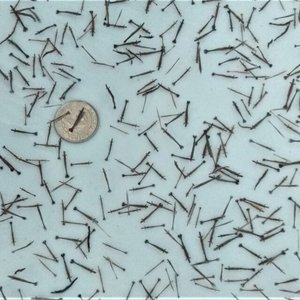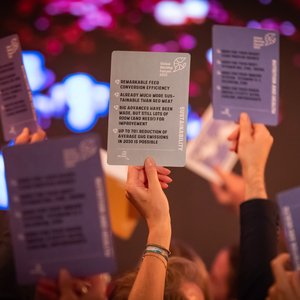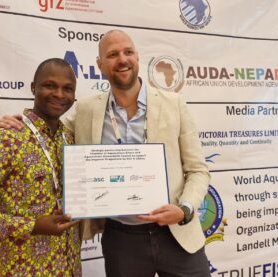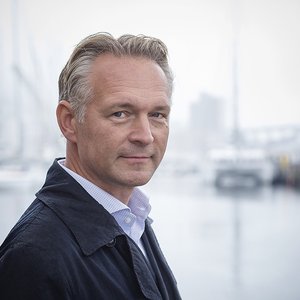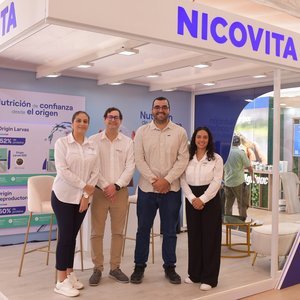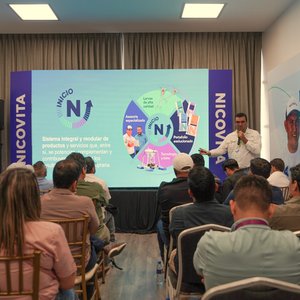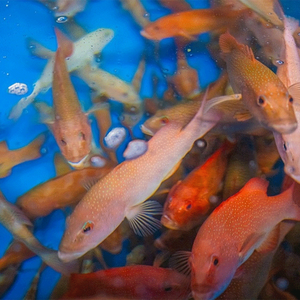Land-based aquaculture technology specialist, Billund Aquaculture, and Aquapurna, a tech-company focusing on cost-efficient shrimp RAS, have teamed up to build Europe’s first shrimp Recirculating Aquaculture System (RAS). The construction of the inaugural mode is due to start in January 2024 and is specifically designed to work at large scale and high densities.
The facility will serve as a large-scale proof of concept, showcasing the expertise developed by both companies over the past few years. Aquapurna has been perfecting a unique shrimp farming system, while Billund Aquaculture has been providing state-of-the-art water treatment technology to the project. The two companies have teamed up with a combined task force of 24 people exclusively involved in this project.
“Throughout this period, we have challenged each other, our choices of technology and the pros and cons of different solutions. A lot of work has been done behind the scenes to find the most efficient setup, which has led to many internal discussions and decisions,” said Billund Aquaculture's chief sales officer, Bjarne Hald Olsen.
“The synergy between our extensive knowledge in land-based shrimp farming and Billund's track record in establishing large-scale farms for various species proved to be the ideal fusion for pioneering the first large-scale, state-of-the-art shrimp RAS,” said Aquapurna's CTO and co-founder, Florian Gösling.
The farm is expected to become the world's largest high-intensity RAS shrimp system and will be built at the Sigmundshall Industrial Site, in Hanover region, Germany. The choice of site not only transforms a former mining area into an innovation hub but is also conveniently located close to one of Europe's major seafood consumption markets.
Once the first farming module has proven stable, the farm's production capacity will increase sixfold. Six additional modules can be added, bringing the total to seven and covering an area of 30,000m² (18,000m² of which are constructible zones). According to Aquapurna's CEO David Gebhard, “If the project proves successful, we expect immediate government approval for these additional modules, significantly increasing our production capacity.”
The joint venture expects to introduce the first shrimp larvae into the farm by the end of 2024.


